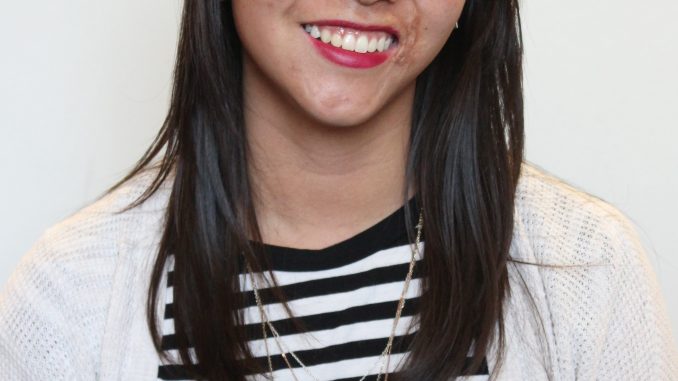
 In December 2014, The Temple News published the in-depth longform “The Fight to Be Seen,” detailing the experiences of gender-nonconforming students on campus. The students in the piece described facing discrimination and a lack of inclusive facilities and resources.
In December 2014, The Temple News published the in-depth longform “The Fight to Be Seen,” detailing the experiences of gender-nonconforming students on campus. The students in the piece described facing discrimination and a lack of inclusive facilities and resources.
A year and a half later, how much has changed?
While an LGBTQ-specific resource center has not been established on campus, in February 2015 Temple opened the Burrow, a safe space for students to meet and discuss issues of gender and identity, particularly during “Owl Talk Tuesdays.”
Temple Student Government also released the TUnity statement, a part of which addressed sexuality and gender identity, in October 2015. It was later added to the Student Conduct Code.
The statement promotes inclusiveness and respect of all members of the Temple community. At the time of its release, in addition to being included in the Student Conduct Code, TSG said the statement should also be added to academic syllabi.
I have yet, however, to see the statement appear on any of the handouts provided by my professors.
While a simple statement may not revolutionize the social climate on campus, it is a step in the right direction. But further steps must be taken to prove this statement true.
“It’s very difficult to think of the TUnity Statement as anything but cosmetic because not enough students of underrepresented groups are seeing substantial gains made when it comes to validating their needs,” said Carmen Phelps, director of student engagement. She added that while she is proud of the advocacy work she does on campus, especially with the Burrow, there’s still a lot of work to be done.
Providing gender-neutral facilities like restrooms and housing are also important issues that have yet to be fully addressed on campus. The Wellness Resource Center’s website currently lists 35 gender-neutral restrooms on Main Campus, though several are not for public use.
“We definitely need to be thinking about providing gender-neutral restrooms for every single building on campus,” Phelps said.
In Philadelphia, all single-occupancy restrooms are required to be gender-neutral, according to legislation passed in November 2015.
According to the website of Campus Pride, a nonprofit focusing on safer environments for LGBTQ college students, 18 universities in the state offer gender-inclusive housing, which means students can have a roommate of any gender.
Lehigh University, the University of Pennsylvania and Swarthmore College all offer this feature. Penn and Penn State are also featured as No. 1 and No. 9 on bestcolleges.com’s 2016 25 Best Colleges for LGBTQ Students rankings. Temple is not included on either of these lists.
To reach this point, Phelps said education about LGBTQ issues is important on all levels to figure out “what it means to foster [an inclusive] environment in our classrooms.”
“There’s a lot of cultural competency work that needs to happen,” she added. “Facilitating inclusive discussions is extremely important.”
One step in increasing this cultural competency is faculty asking students what their preferred names are in the beginning of the year, Phelps said.
Temple offers events like Queer Lunch and National Coming Out Week, resources like the Office of Institutional Diversity, Equity, Advocacy and Leadership and student organizations like Queer People of Color and Queer Student Union. But even a cursory glance at the Wellness Resource Center and the Diversity on Temple websites show that much more is needed.
“I don’t think you can ever have too many resources,” Phelps said. “More than anything, the Temple community needs to become a lot more educated to ensure the validation and support of [all] identities. … Until that happens, you can have all the resources in the world, and it’s not going to mean a thing if people aren’t educated.”
Phelps added that it will take organization and coordination among advocacy members as well as multiple communities coming together to affect greater change.
It’s important not to settle on one or two programs and events—with such a diverse student population, Temple should practice what it preaches, strive to be mentioned in not just academic and athletic rankings, but also social rankings and provide resources and education to fully include all students on campus.
Lian Parsons can be reached at lian.parsons@temple.edu.


Be the first to comment